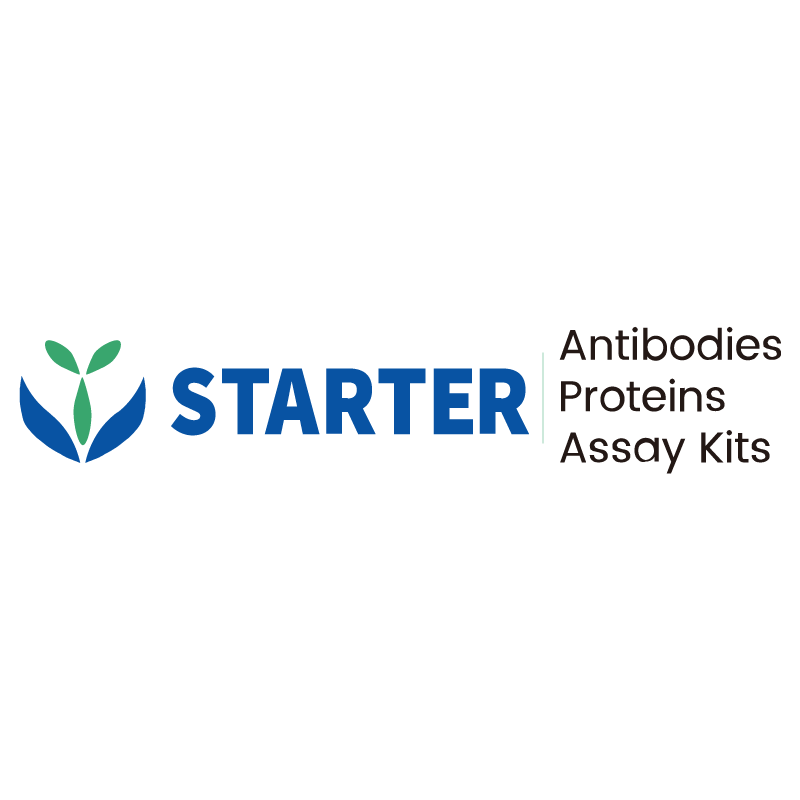Product Details
Product Details
Product Specification
| Host | Mouse |
| Antigen | Ly6G |
| Synonyms | Lymphocyte antigen 6G; Ly-6G; Ly-6G.1 |
| Location | Cell membrane |
| Accession | P35461 |
| Clone Number | SDT-R563 |
| Antibody Type | Mouse mAb |
| Isotype | Mouse IgG2a,k (switched from rat IgG2a) |
| Application | in vivo neutrophil depletion, in vivo MDSC depletion |
| Reactivity | Ms |
| Purification | Protein G |
| Concentration | Lot specific* (generally 5 to 20 mg/ml)* |
| Endotoxin | <1EU/mg |
| Conjugation | Unconjugated |
| Physical Appearance | Liquid |
| Storage Buffer | PBS pH7.4, containing no preservative |
| Stability & Storage |
2 to 8 °C for 2 weeks under sterile conditions; -20 °C for 3 months under sterile conditions; -80 °C for 24 months under sterile conditions.
Please avoid repeated freeze-thaw cycles.
|
Background
Mouse Ly6G, also known as Lymphocyte antigen 6 complex locus G6D, is a glycosylphosphatidylinositol (GPI)-linked differentiation antigen that is expressed by myeloid-derived cells in a tightly developmentally-regulated manner in the bone marrow. It is a member of the Ly6/uPAR family of GPI-anchored surface proteins and is specific to mice, showing structural and functional similarities to CD177, which is expressed on both human and mouse neutrophils. Ly6G is transiently expressed by monocytes during bone marrow development, while its expression in granulocytes and peripheral neutrophils directly correlates with the cell’s level of differentiation and maturation, making it a good marker for these particular cell populations. Ly6G is nearly exclusively expressed on mouse neutrophils and is used as a key marker to identify these cells. It has been implicated in the development of antitumor responses and is involved in cell signal transduction and cell adhesion. The expression of Ly6G in mature granulocytes and peripheral neutrophils makes it a useful marker for identifying and studying neutrophils in mouse models. Additionally, Ly6G has been studied for its role in neutrophil recruitment and pathogen capture during infections, such as Leishmania major skin infection. The understanding of Ly6G's role in immune responses can help reveal important differences between mouse models and human diseases, which is crucial for refining preclinical experimentation to more closely recapitulate clinical settings.


